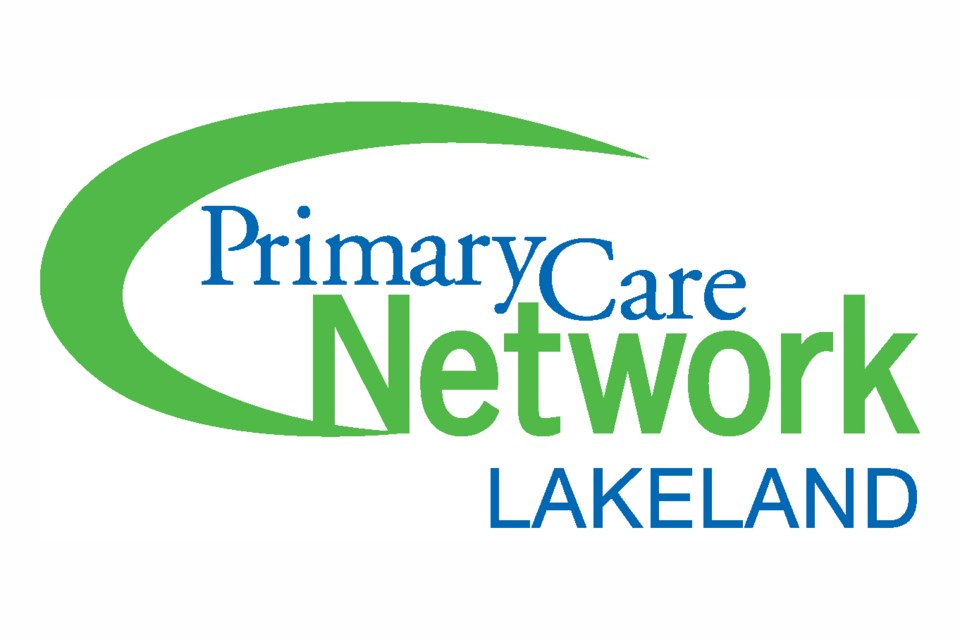LAKELAND - Chaitanya Bandaru, Executive Director with Lakeland Primary Care Network (LPCN), took time on March 13 to speak with the Town of St. Paul council about the work being done locally through the healthcare organization, and the challenges that exist.
Bandaru has been at the helm of the Lakeland Primary Care Network since 2019.
Lakeland Primary Care Network, also known as LPCN, is a group made up of family physicians in the region. There are around 39 Primary Care Networks in Alberta.
The Lakeland Primary Care network region includes communities such as St. Paul, Lac La Biche, Smoky Lake, Glendon, Two Hills, Elk Point and a number of First Nations and Métis communities. The LPCN serves a population of about 42,328 people, and includes 15 physician clinics.
Some of the more recent work being done by the LPCN includes the hiring of a physiotherapist.
"Waiting time is very long to see a physiotherapist [in the hospital]," so the LPCN worked to hire a physiotherapist who moves through the area, seeing patients in different communities, explained Bandaru.
"We find gaps, and we fill in those gaps," he noted, adding, the biggest challenge is funding.
The general objective of the LPCN is to "improve patient access to care," according to Bandaru. In order to do this, there is a focus put on bringing services to the patients. He offered an example that someone from Lac La Biche should not be expected to come to St. Paul just to access foot care services, especially seniors.
Efforts to go directly to First Nations communities and settlements with healthcare services offered by the LPCN are also being made.
Current LPCN programs include foot care, Ankle-Brachial Index (ABI), 24-hour blood pressure monitoring, social work, a dietitian, and a kinesiologist.
Speaking about funding issues, Bandaru noted that during pandemic, people were not able to go to a doctor as easily, and this affected how funding was allocated. The population that exists in the region, however, did not change and one of the asks by PCNs in Alberta is improved funding.
When asked by Town of St. Paul Mayor Maureen Miller if there was anything the municipality could do to help, Bandaru noted that right now, PCNs are waiting to hear what the province is going to do to address funding, but changes are expected.
"Doctors come and go," but the programs must continue, said Bandaru.
He noted there has been a significant transition in physicians lately, and a number of physicians are expected to retire within the Lakeland in the coming years.
"There are a lot of things going on."
Lac La Biche, for example, is still short on physicians. In the past, the community had 11 physicians and now there are only five practicing in the community.
A lot of patients from the Lac La Biche area have been calling the LPCN office, which is located in St. Paul within the Wellness Centre, looking for services.
Miller acknowledged the work being done by the LPCN, saying, "It's a true asset to have in our community."
The mayor recommended that a representative from PLCN visit Town council annually to provide an update on how things are going and to educate the public on what services and programs are available.



